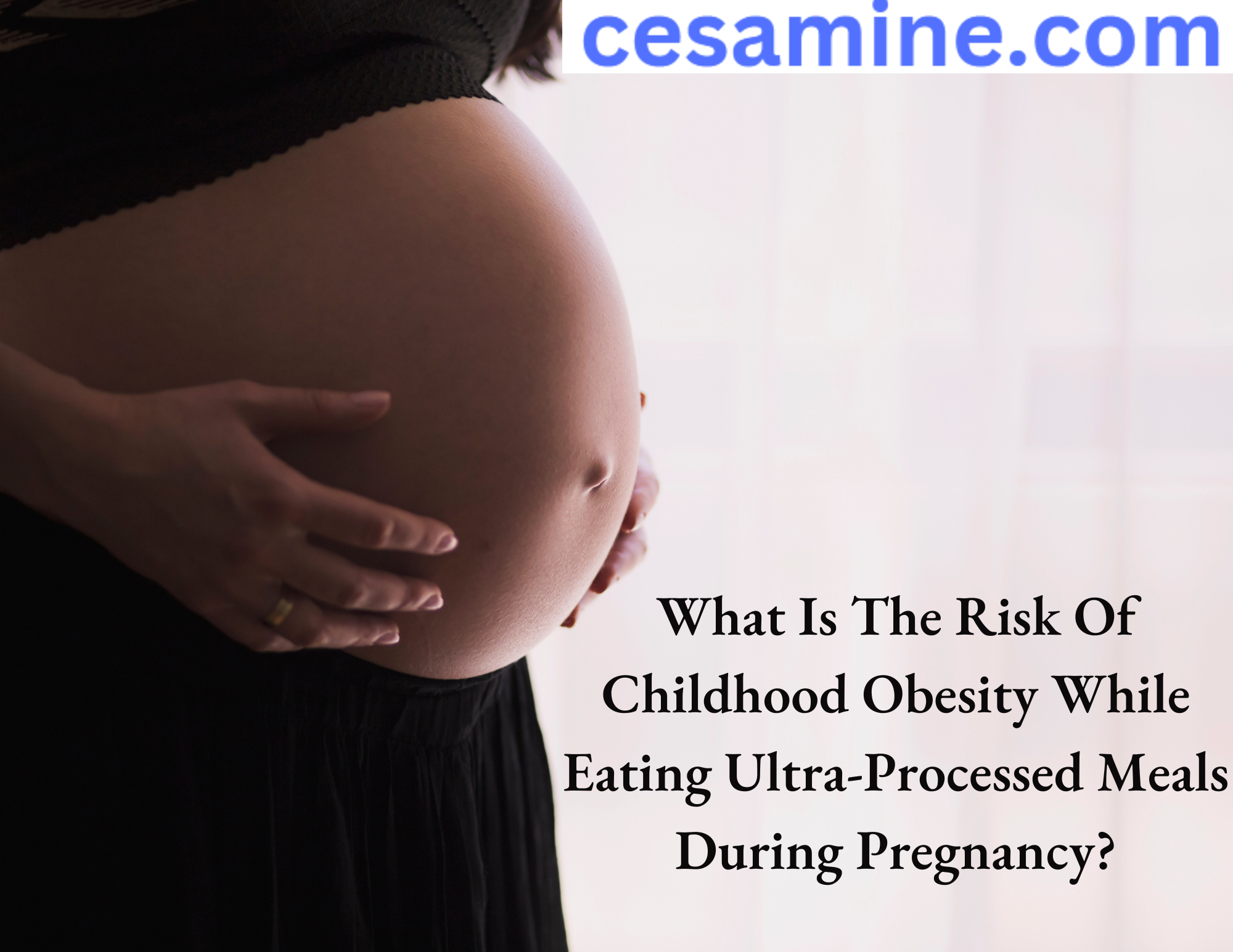The expecting woman has to take extra precautions with her food and health throughout pregnancy. Foods that are highly processed should thus be avoided. especially given that a recent American research that was published in the British Medical Journal indicated that eating such foods while pregnant may raise the likelihood of childhood obesity or overweight. Take stock, then.
Foods That Are Highly Processed And Weight Gain
The quality of the future mother’s food is crucial throughout pregnancy for the healthy growth of her unborn child. However, in our contemporary cultures where ultra-processed foods are pervasive, maintaining a healthy diet for nine months is not an easy undertaking. Ultra-processed foods currently account for more than half of the calories consumed by the population in many Western nations, whether it be via sodas, frozen pizzas, candy, chocolate bars, or even dishes to warm up.

to be aware! The phrase “ultra-processed” describes the industrial procedure and the addition of different chemicals, such as sweeteners, emulsifiers, texturizers, and colours, to the product’s composition.
Despite being highly praised by consumers, ultra-processed foods have less nutritional value and are linked to adult weight gain. So, would the mother’s use of highly processed meals throughout her pregnancy have an effect on the baby’s weight? In a recent study, American researchers aimed to learn more about this.
What is the risk of childhood obesity while eating ultra-processed meals during pregnancy?
The scientists used the data of 19,958 American children born to 14,553 women from two cohorts to analyse the relationship between maternal nutrition and the incidence of overweight or obesity in children.
The Nurses’ Health Study II (NHS II) is a long-term investigation of the health and way of life of 116,429 American nurses in the age range of 25 to 42 in 1989, including validated food frequency surveys every four years.
Growing Up Today Study (GUTS) I and II: yearly and then every two-year monitoring of the kids of NHS II participants.
The body mass index of the mother, physical activity, smoking, intake of highly processed foods, physical activity, and sedentary time of the children were all taken into consideration as contributing variables.
The findings of this research, which were published in the British Medical Journal, show that ultra-processed food intake during pregnancy would be linked to a higher risk of childhood overweight or obesity. When compared to the group with the lowest consumption (3.4 servings/day), this risk was elevated by 26% in the group with the greatest maternal intake of ultra-processed foods (12.1 servings/day).
It is not feasible to demonstrate a direct causal relationship between maternal intake of highly processed foods and the likelihood of the kid being overweight or obese since this research is still an observational study. Therefore, more, in-depth research is required to verify these findings and comprehend the underlying biological processes as well as the relevant environmental factors.
According to the study’s authors, in order to support the health of future children, it is essential to provide women who are ready to have children with the proper nutritional advice. A significant obstacle at a time when the global and American rates of juvenile obesity are rising alarmingly quickly!